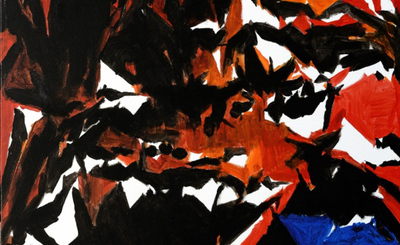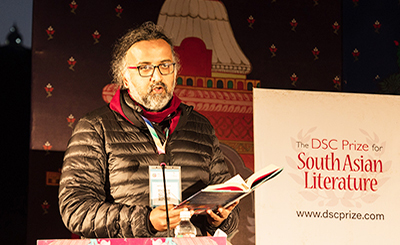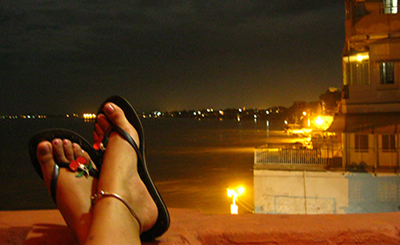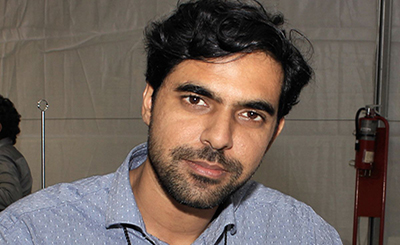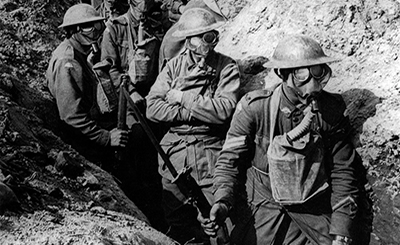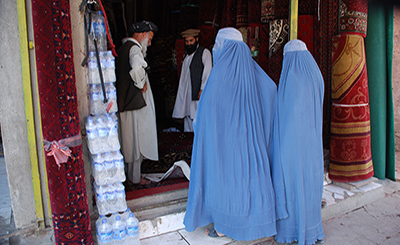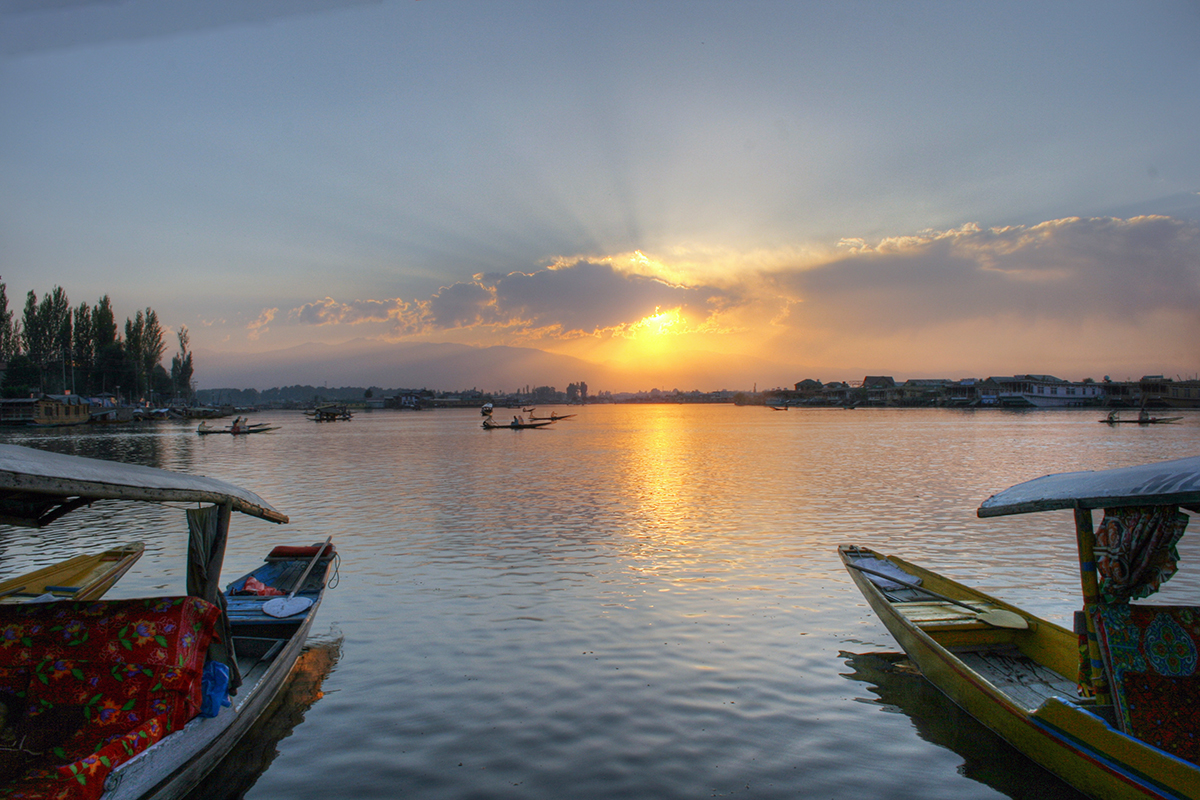
Mehr, a cross-border love story by Siddhartha Gigoo, is a work of realistic fiction. Gigoo has been writing extensively on the ground reality of Kashmir and contributed a lot to the literature in exile. In 1989, the Kashmiri Pandit community was trapped in terrorism. Fanatics left no stone unturned in eradicating them from Kashmir. His previous literary works are replete with the details about the chaos that they witnessed and suffered and their declining cultural and racial identity.
This novel is set in the territories of India and Pakistan. It reveals the catastrophic collapse of the situation, futility of violence, pain and restlessness of the people residing in the conflict zone and the intricacies of the relationship between the two countries. Being beset with contradiction, confrontation and confusion, their sole and long-cherished dream is peace which still seems to be distant. Moreover, it is a fine panegyric that the writer has showered on the populace who are keen on having cordiality, reconciliation, and love among themselves on either side of the boundary, irrespective of all odds.
In this novel, the writer attempts to unfold the mysteries of love that blooms in utter appalling conditions and deals with its philosophy deeply and deftly. Love is the most powerful emotion — incomparable and unsurpassed. It’s the supreme gift of the nature that one experiences in one’s life. Mehr, a Pakistani woman, falls in love with an Indian man Firdaus. She nurtures this divine bliss with all the sanctity and eternal fidelity throughout her life; neither allows it to fade under a series of umpteen and bizarre torments nor accepts subjugation to the coercive and brutal political boundary. Undeterred, she navigates through the ethereal pleasure without any apprehension as it is supreme concern of her life. She surrenders and sacrifices her whole existence to love and endures utter darkness to glow the brightness of it.
The tragic love story commences with the line, “If my end is horrible, then begin my story at the end.” It is Mehr’s longing that she implores her lover to be performed in the twilight of her life. It exhibits as if she is well aware that she is destined to a hapless fate yet indifferent to pain and pleasure, detached from the confines of nationality, impartial and impersonal to loss and gain, she turns over a new leaf. In spite of living life in dreams, she does not let the essence of her love go as “There’s everlasting life and love”.
In the former part of the novel, the pathetic condition of the Shia in Pakistan is exposed. There, not only minorities but also one section of Muslim suffers setback, disruption, unevenness and unremitting hostility. It has pushed them towards decline and loss. They are marginalized, dehumanized, alienated and are subjected to emotional numbing. They get disturbed and damaged psychologically, physically and financially.
Government, intelligentsia and various organizations keep mum about this awful predicament of their country.
Gigoo traces diverse issues of great concern, explores their relevance and addresses them in his writings. He points out some people’s uncritical acceptance and execution of bizarre rituals to show reverence ‘against darkness’ on the day of Ashura. Unbelievable acts are performed by the mourners who are hostile to discourses and discussion and believe in blind faith and superstition. They fail to realize the worth of human lives and are ignorant and indifferent to the finer things of life.
Mehr, the protagonist of the novel, is a Shia woman. She narrates every nefarious activity that happens around her to Firdaus through emails. She expresses her willingness to see him anywhere in the world and makes strenuous effort to come to India to meet him but her visa is denied time and again for being the daughter of a notable Army General. Her strives are of no avail. She is vacillating between hope and despair, illusion and reality and marginality and spirituality. Their exchange of messages attracts the attention of the Indian Intelligence. Their emails are accessed and kept under constant surveillance. They take great pains to decode them in order to uncover their meaning and confidential information about their probable operation.
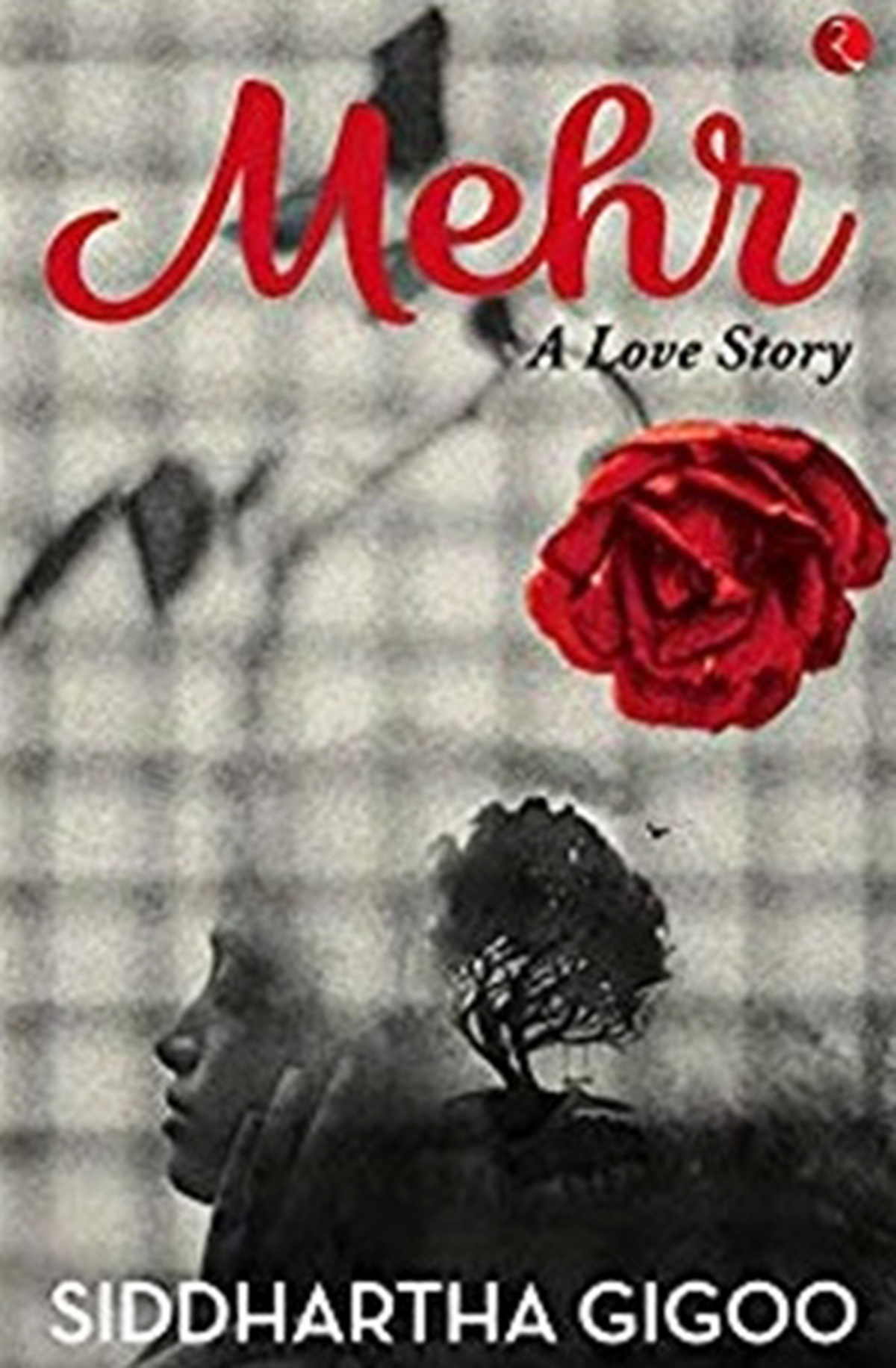
Mehr: A Love Story, By Siddhartha Gigoo, Rupa Publications
Love encompasses her. She discovers worth even in his lies and finds favor and fortitude to bear all misfortunes as she says, ‘Your lies were my life, and ‘Your lies gave me the strength to bear the unbearable.’ She further says, ‘That I am dying to meet you.’ Leaving behind the worldly realm and remoteness, she undergoes the uncanny world of love where mere timelessness, oneness, selflessness, fearlessness and utter righteousness exist and ultimately she meets her death without meeting him.
Zafraan and Hina are Firdaus’ brother and sister. He develops considerable interest in playing guitar and wants to form a rock band while Hina has a knack for singing songs, but they are opposed blatantly, have to face the wrath of the mob. Consequently, their musical voice is slackened and lost in the clamor of prejudice, platitude and provincialism. The overriding issue of their life is brought to naught without rhyme or reason.
That episode alludes to the event of Pragaash, a musical band of three girls in Kashmir. These new and young talents were displaying their musical ability and heading to fulfill their lofty ambition in spite of being surrounded by the disagreeable and antagonistic milieu. But very soon, their voice was quietened with stern warning and pronouncement by the fundamentalists. The outrage was so intense for breaking the codes of Islam that it extended to the threat of personal assault. Eventually, they had to disband and silence their melodious voice due to bitter opposition. Their whole endeavor had taken abrupt and steep decline and fallen into abeyance. It was a great misfortune to crush the budding artistes at the hand of the cynical hypocrisy and gross conservatism. Nullifying their growth without a genuine logic is worthy of not only consideration, debate and discussion but also fruitful outcome.
Apart from being a love story, Mehr has a multifaceted approach. There are a lot of lucid and valuable facts and revelations that rivet the attention of the reader right from the beginning to the end of the narrative. It has elegiac addresses repeatedly with a view to identify and discard the façade and rubbish. Throughout the novel, the writer shows his deep concern to generate awareness, understanding and get genuine response from the world.
More from The Byword
Comments
*Comments will be moderated




